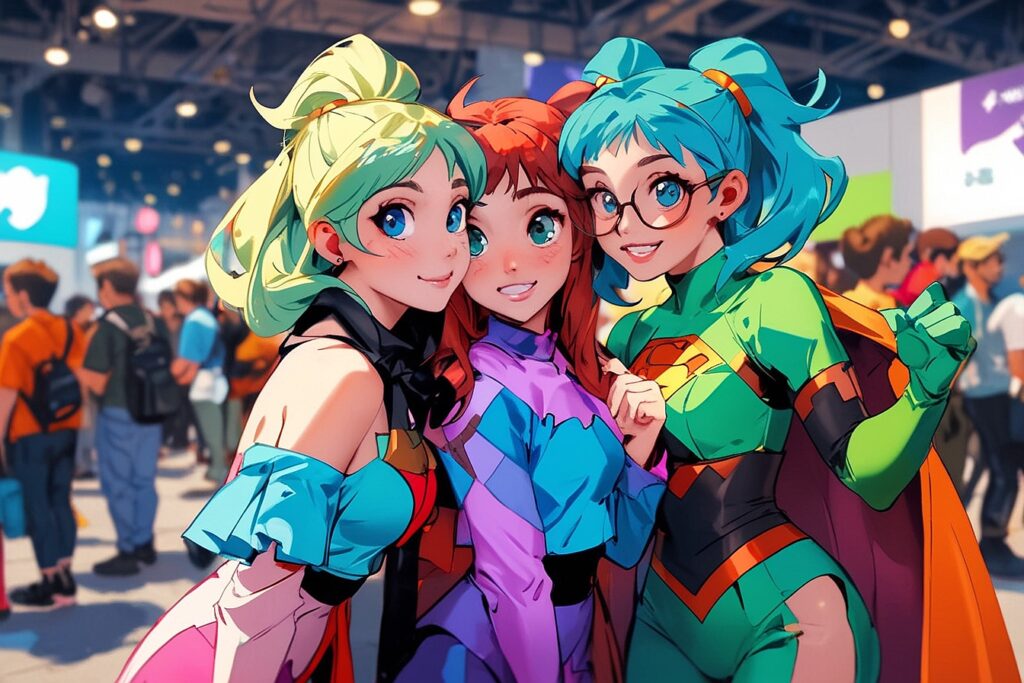Introduction
In a world where being a nerd can often mean you’re the smartest person in the room, there’s a thin line between pride and pretentiousness. Remember the first time you created a new account on Facebook? That feeling of stepping into a larger community, ready to share your thoughts and opinions, yet cautious not to overstep. It’s a delicate balance that many of us learn the hard way.
Growing up, I was always the nerdy kid with a book and an unshakeable curiosity about how things worked. Back then, being labeled a nerd wasn’t a badge of honor but a marker of being different. But, as we continue to evolve, so does our understanding of what it means to be a nerd. This shift is not just about accepting nerds; it’s about challenging the wrong notions of pretentiousness and insecurity that sometimes come with deep knowledge and enthusiasm.
We often associate the word nerds with a profound passion for specific domains—technology, science, or literature. However, when does this passion cross into pretentiousness? When does sharing become boasting? This is not just about being proud of one’s nerd identity; it’s about understanding how others perceive our actions and words as exclusionary or even arrogant.
This journey into geek culture is personal. It’s about finding a place to feel secure and humble in our knowledge. It’s about building a story where every nerd can wear their passion without fear of being seen as pretentious nerds. Let’s explore this landscape together, discovering how our beloved geek culture has risen to prominence and how we can all contribute to its inclusive future.
The Evolution of Nerd Stereotypes
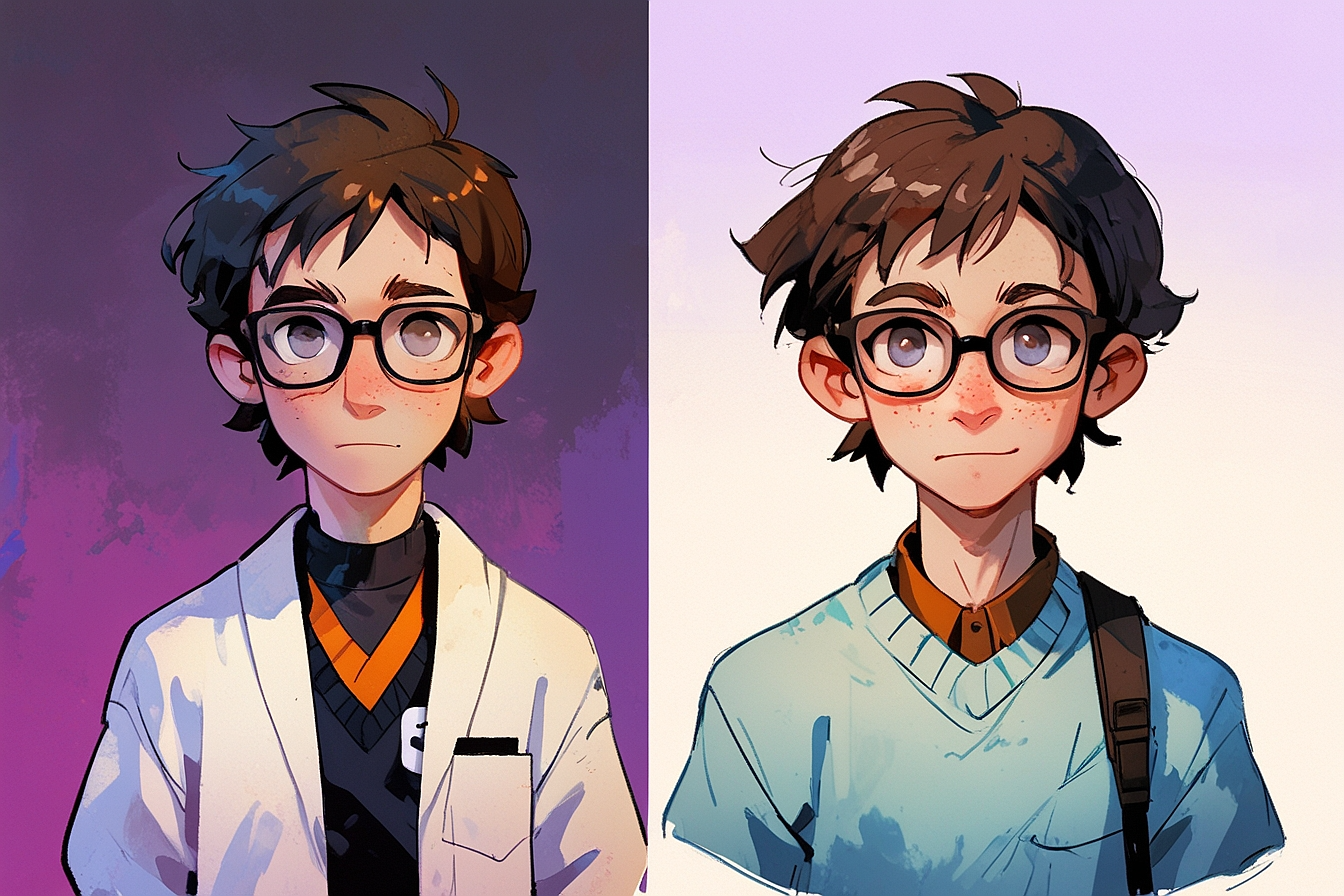
Social Perception of Nerds
Long ago, the term “nerd” was not kind. It painted a picture of someone out of step with the rest of society. Nerds were seen as shy, overly intellectual, and lacking social skills. This image filled TV shows, movies, and books, where nerds were often the butt of jokes.
But times have changed. The view of nerds shifted as the world started to value knowledge and technical skills more. Today, being called a nerd can in fact be a compliment. It suggests someone is smart, passionate, and deeply involved in their interests. People now see nerds as important, driving technology and culture forward.
Geek Identity and Acceptance
As the perception of nerds changed, so did their sense of identity. Nerds began to embrace their label with pride. This acceptance has grown a strong community around geek culture. Conventions, online forums, and social media have all helped nerds connect and share their passions.
This new nerd identity is about more than just liking science or comics. It’s about being proud of who you are and what you love. It’s also about rejecting the old idea that you can’t be smart and social simultaneously. Today’s nerds can be outspoken, fashionable, and influential leaders.
The journey from a negative stereotype to a celebrated identity shows how society can grow. It highlights the value of accepting all kinds of people and the strengths they bring. As we continue to evolve, the idea of what it means to be a nerd will likely keep changing, reflecting the diverse ways people engage with their passions and interests.
Geek Culture in Mainstream Media
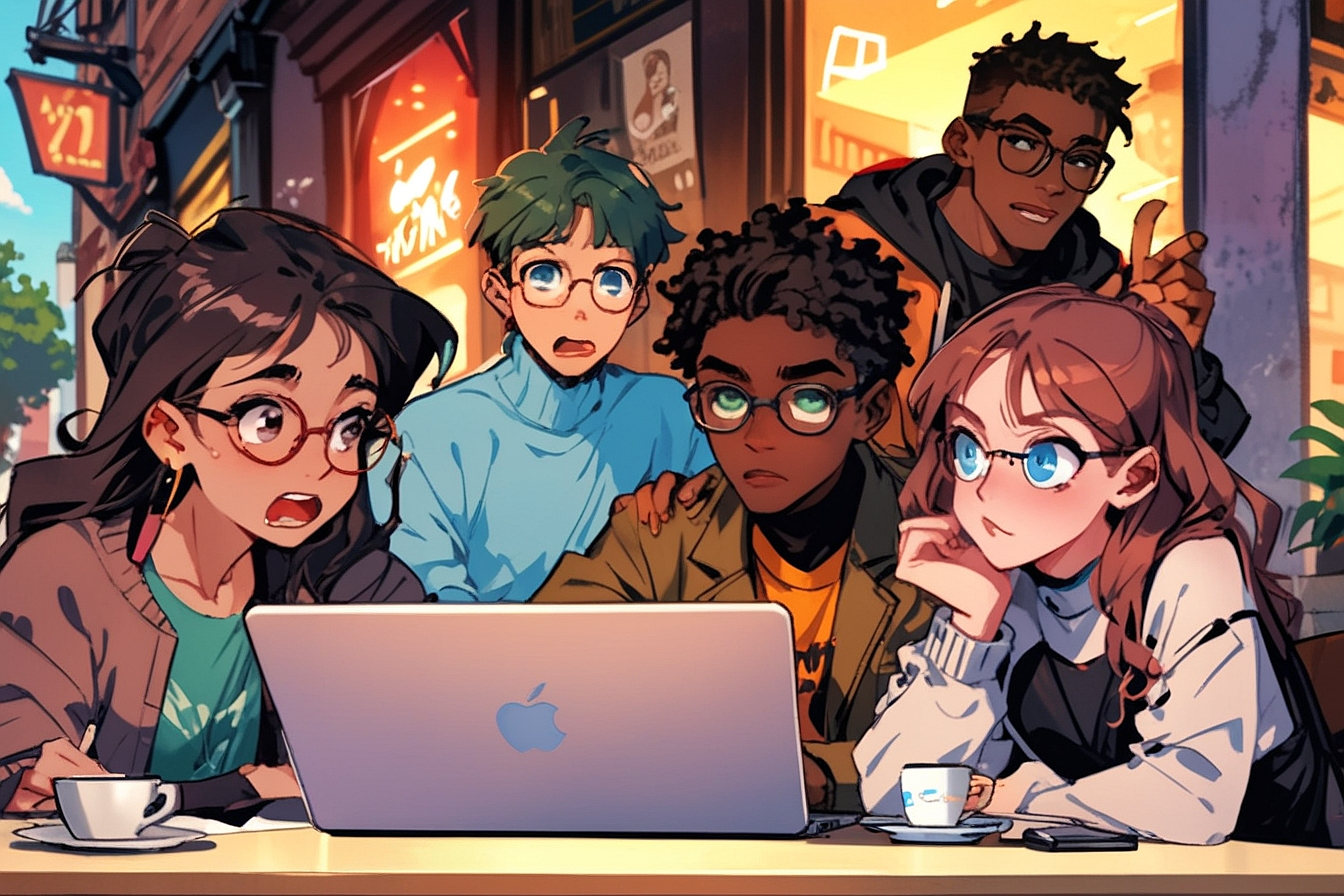
Representation in Movies and TV Shows
Geek culture has made a big impact on movies and TV shows. Years ago, nerds were often shown in a limited way: as the sidekick or the punchline. But now, they are often the heroes. Movies like “The Big Bang Theory” and “Stranger Things” celebrate nerd culture. They show nerds as complex, relatable characters. This change helps people see nerds in a new, positive light.
The rise of superhero movies has also played a big role. Films from Marvel and DC Comics have brought comic book culture into the mainstream. They show that geek interests like comics can be for everyone, not just for a small group. These stories focus on themes of courage, difference, and acceptance. They resonate with a wide audience, showing that everyone has something a little nerdy about them.
Influence on Pop Culture
Geek culture has influenced more than just film and TV. It has changed fashion, language, and everyday life. Terms like “binge-watch” and “fanboy” are now common. People wear shirts with superhero logos or video game themes as everyday clothes, not just as costumes.
Events like Comic-Con have grown, too. They are no longer small gatherings but major events that attract thousands of fans and big celebrities. They show how popular and influential geek culture has become.
Tech gadgets have also become a big part of everyday life. Things like smartphones and smart home devices started as “nerdy” tech. Nowadays, almost everyone uses them. This shows how geek culture has not only entered the mainstream but has shaped it.
Geek culture’s rise in media and society shows it is a strong and growing force. It helps people connect over shared interests and shows the power of embracing what makes us different.
The Influence of Technology
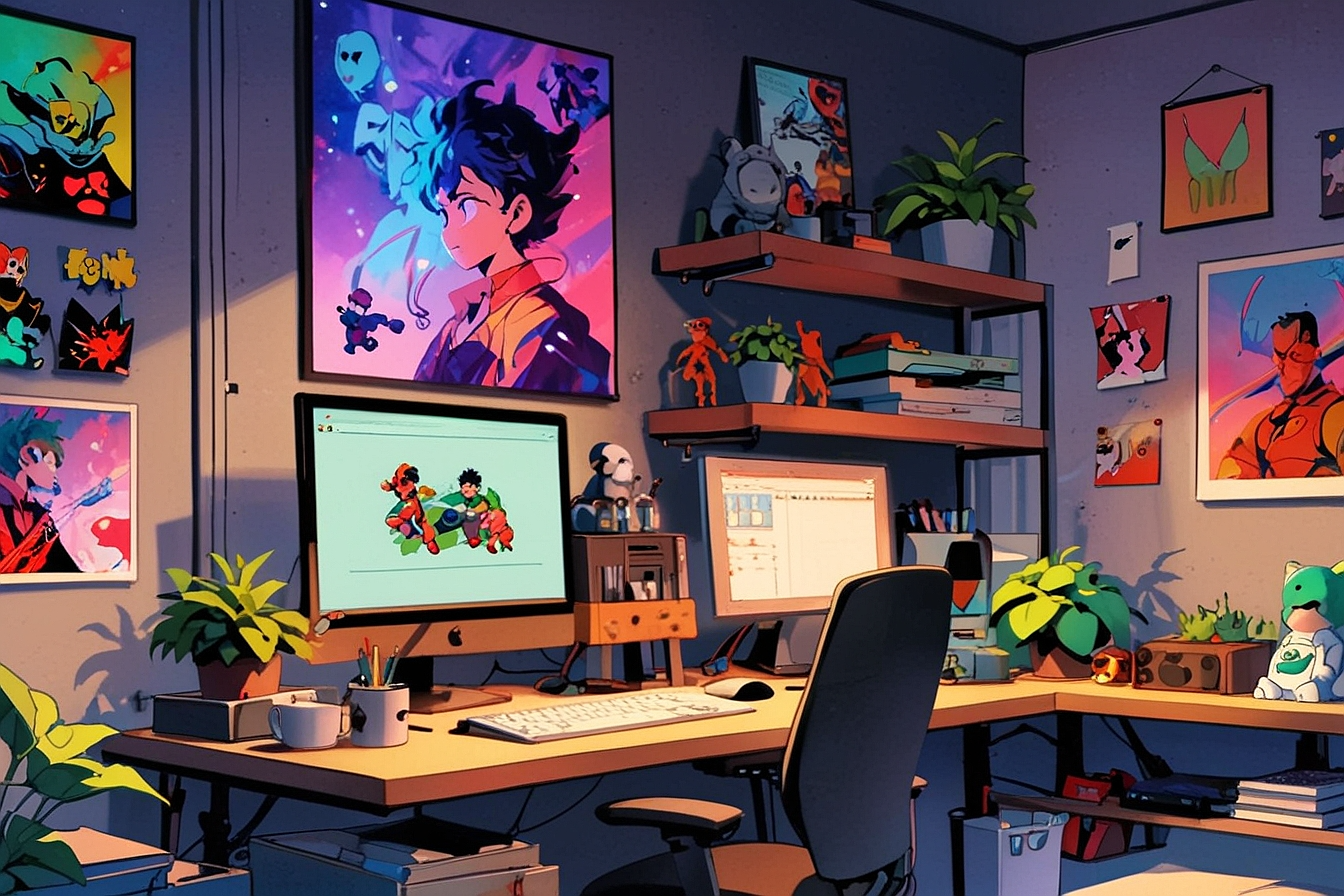
Geeky Gadgets and Innovations
Technology has always been at the heart of geek culture. Today, the gadgets and tools that were once the domain of only the most dedicated tech enthusiasts are part of everyday life. Smartphones, wearable technology like smartwatches, and virtual reality headsets are all examples of geeky innovations that have become mainstream.
These gadgets do more than just make life easier; they transform how we interact with the world. For instance, smartphones have become essential tools for communication, entertainment, and work, all packed into one device that fits our pockets. Each new version of these gadgets brings excitement and anticipation, similar to waiting for the next episode of a favorite sci-fi show.
Tech Industry and Nerd Culture
The tech industry’s growth has mirrored the rise in the status of nerds. People who proudly identify as nerds frequently lead tech companies, from industry giants like Google and Apple to startups operating out of garages. These leaders have shaped their companies with values that resonate with nerd culture, such as valuing knowledge, innovation, and a passion for questioning and rebuilding the world.
This blending of nerd culture with the tech industry has also changed workplace norms. It’s common to see workplaces with open, collaborative spaces designed to encourage creativity and innovation. These environments often feature playful elements like game rooms and thematic decorations, reflecting nerd culture’s playful and passionate spirit.
The relationship between computer technology and nerd culture is a powerful reminder of how embracing one’s passions and interests can lead to significant innovations and societal changes. As technology advances, nerd culture will likely continue to influence and be influenced by these changes, shaping future innovations in exciting new ways.
Geek Fashion Trends
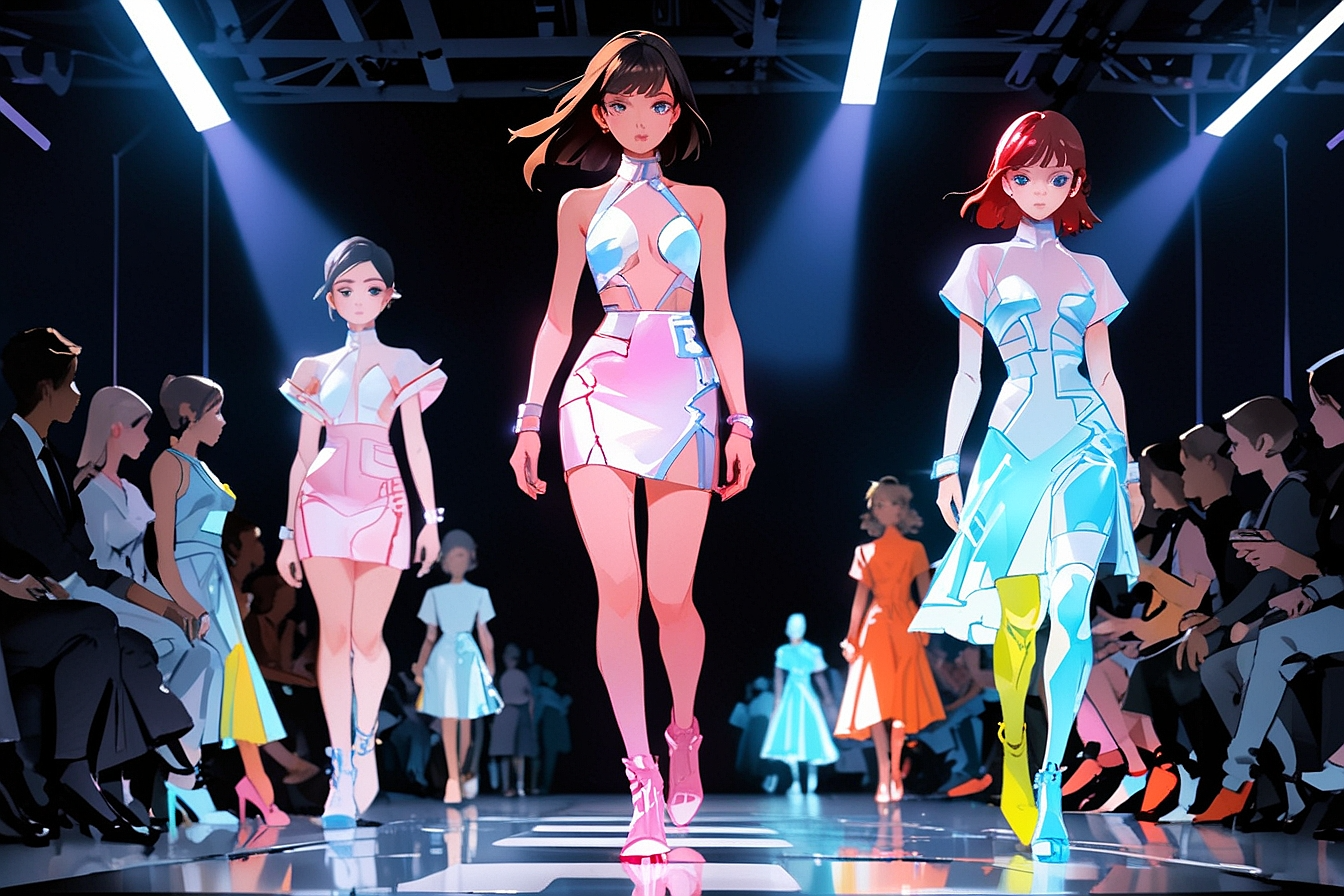
Geek fashion has come far from the stereotypical image of oversized glasses and pocket protectors. Today, it’s a vibrant and expressive part of mainstream fashion, celebrating everything from video games and comics to science and technology.
This trend includes t-shirts featuring iconic characters or logos from popular media, but it goes further. Designers are incorporating fantasy, sci-fi, and tech elements into everyday wear, making it stylish to show off your geeky passions. For example, you might one day see a dress patterned with circuit board designs or a tie featuring tiny superheroes.
Accessories, too, are a big part of geek fashion. Items like enamel pins, caps, and bags featuring popular geek culture themes are not just fashion statements but conversation starters. These pieces allow fans to connect with others who share their interests and proudly display their geek identities in everyday settings.
The influence of geek culture on fashion also extends to footwear, with sneakers and boots featuring designs inspired by video games or movies. Even high fashion has taken notice, with runway shows occasionally drawing inspiration from the rich visuals of geek culture.
Geek fashion is more than just a trend; it shows the world who you are and what you love. It’s also a sign of how deeply geek culture has woven itself into the fabric of society, influencing not just what we watch or play but also how we present ourselves to the world.
Conclusion
The rise of the “pretentious nerd” in pop culture and society is a testament to a broader cultural shift in which being a nerd is accepted and celebrated. This evolution from fringe to mainstream has transformed how nerds are viewed and how they view and define themselves, merging deep passions with pride and visibility.
Geek culture’s infusion into mainstream media, fashion, and especially technology showcases its significant impact on various facets of daily life. From influencing tech innovations to shaping global entertainment and fashion trends, geek culture has proven that it’s a powerful and positive force.
As we look to the future, the ongoing dialogue between geek culture and broader societal trends will likely continue to evolve, promoting create a world where being enthusiastic, knowledgeable, and, yes, even a bit pretentious about one’s passions is accepted and embraced. This acceptance enriches our collective culture, encouraging diversity in interests and perspectives and fostering a community where everyone can feel proud of their unique quirks.
In celebrating geek culture, we understand we’re not just applauding the nerds; we’re recognizing the value of curiosity, intelligence, and imagination in driving progress and creating a more inclusive world. This celebration is a powerful reminder that everyone has something meaningful to contribute, no matter how niche or “nerdy” it might seem.

